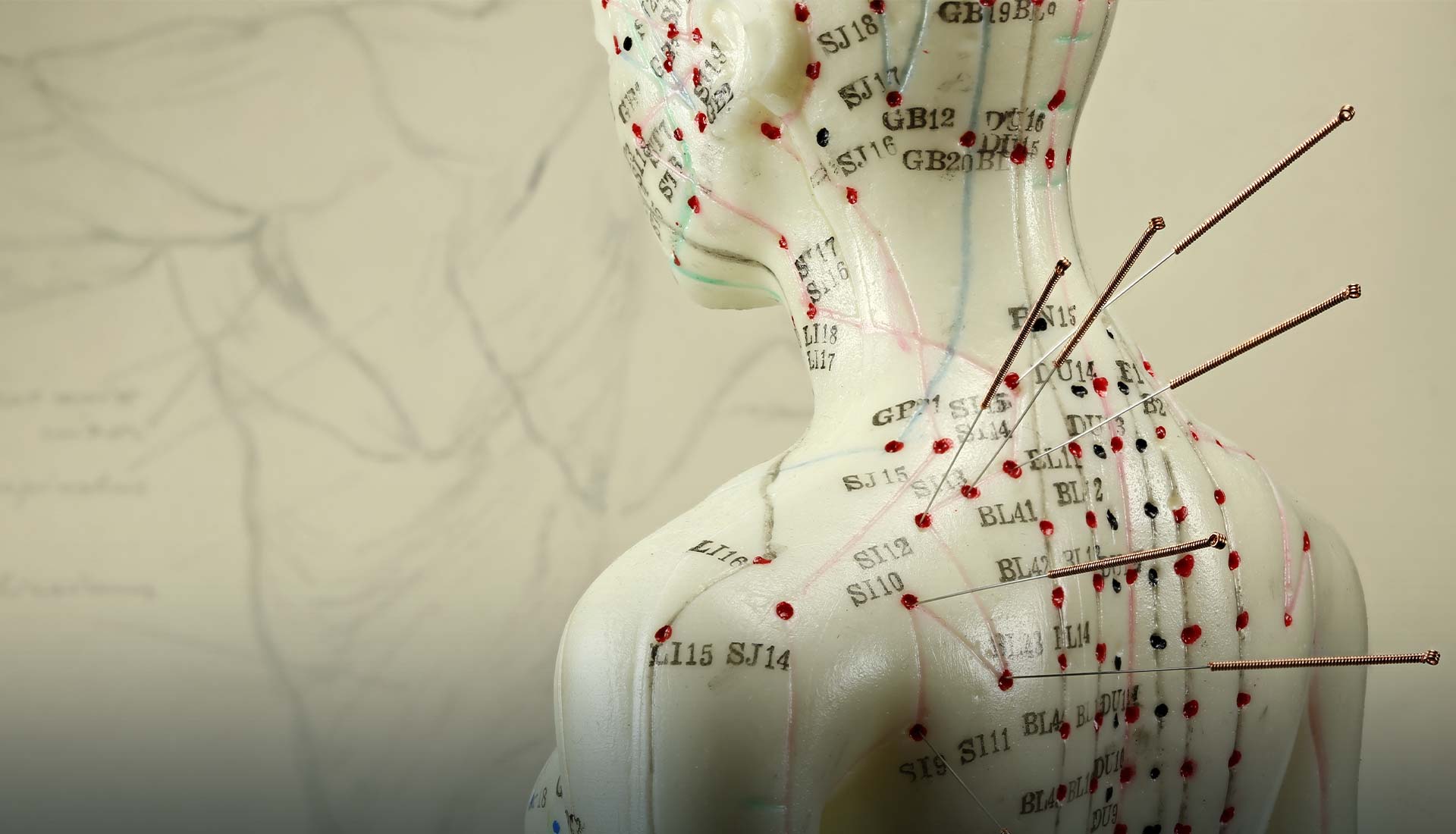How does TCM differ from Western medicine?
TCM emphasizes the body’s natural ability to heal and focuses on restoring balance, while Western medicine often targets specific symptoms with medication or surgery.
Is TCM safe?
When practiced by trained professionals, TCM is generally safe. However, patients should consult with licensed practitioners, especially if they’re taking medications or have chronic health conditions.
Are there side effects to TCM treatments?
Side effects are usually mild, such as minor bruising or soreness from acupuncture. Herbal medicines may cause digestive issues if improperly prescribed. Always consult a licensed practitioner for safe treatment.
What age groups can benefit from TCM and acupuncture treatments?
TCM is suitable for all age groups, from babies to the elderly, and pregnant women.
What is acupuncture, and how does it work?
Acupuncture involves inserting thin needles into specific points on the body to stimulate energy flow and reduce pain. It’s believed to correct imbalances and relieve blockages in Qi.
How long does a TCM treatment usually last?
The duration of TCM treatments varies depending on the severity of the condition and the individual’s response. Some may see improvement within a few sessions, while chronic issues might require longer treatment.
How can TCM and acupuncture help with reproductive health?
ScienceDirect reports that a meta-analysis of 40 randomised controlled trials involving more than 4000 women shows that Chinese herbal medicine may double pregnancy rates in female infertility, over a 3-6 month period, compared with Western medicine. It is scientifically proven that acupuncture improves both female and male fertility by regulating hormones, improving blood flow to the reproductive organs and reducing stress and anxiety levels.











